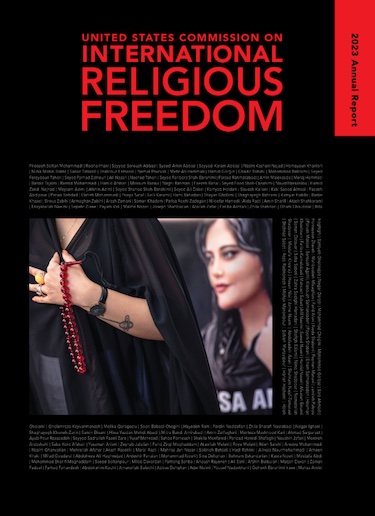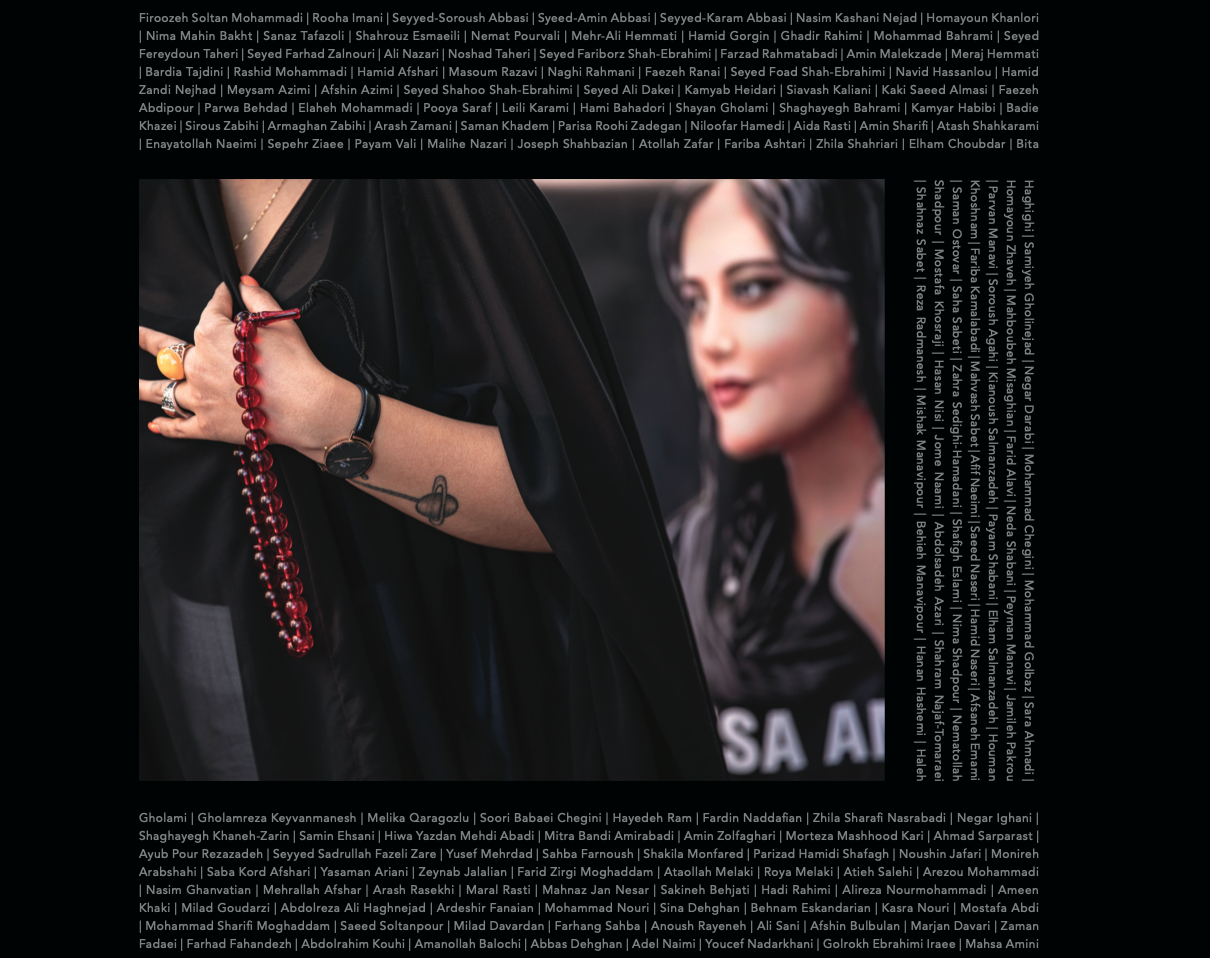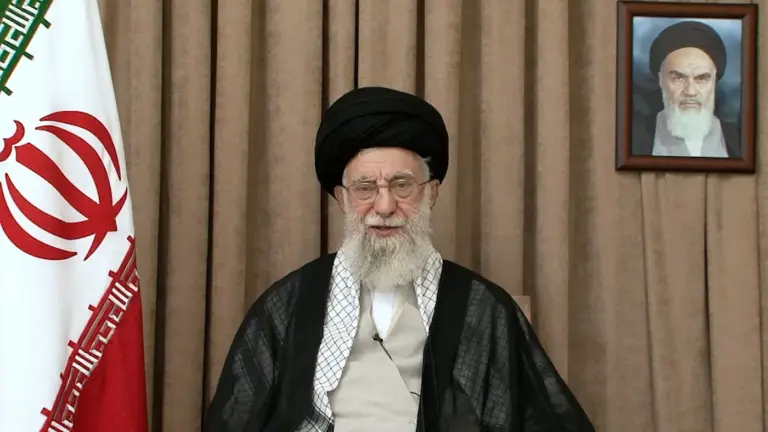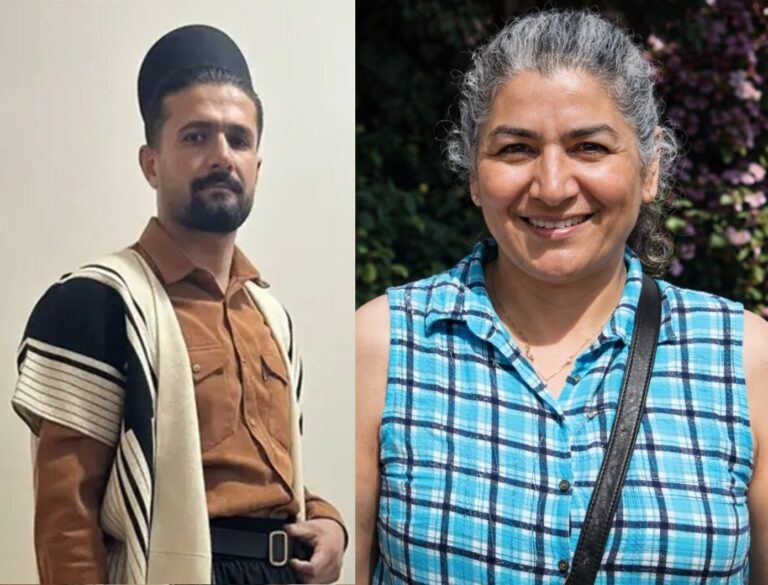The “sharply deteriorated religious-freedom conditions” in Iran are the focus of the cover and introduction to the latest annual report by the US Commission on International Religious Freedom.

The cover of the report, which was published yesterday, features a photograph of Mahsa Amini, alongside the names of scores of Iranians imprisoned on account of their religious beliefs, including a dozen Christians.
The report begins by explaining how protests erupted in Iran following the death in custody of Mahsa Amini, “because her visible hair violated the government’s religiously grounded headscarf law”.
“Outraged by this flagrant denial of life,” the report goes on, “young women and girls led hundreds of thousands of fellow Iranians in peaceful protests asserting their right to freedom of religion or belief, risking severe punishment, permanent injury, and even death.”
The cover, USCIRF says, “honors the many Iranians, known and unknown, held in prison in 2022 on account of their religious beliefs, activity, or identity by displaying the names of the individuals from Iran who are included in USCIRF’s Freedom of Religion or Belief Victims List”.
Among the names listed are a dozen Christians: Malihe Nazari, Joseph Shahbazian, Gholamreza Keyvanmanesh, Morteza Mashoodkari, Ahmad Sarparast, Ayoob Poor-Rezazadeh, Alireza Nourmohammadi, Amin Khaki, Milad Goodarzi, Abdolreza (Matthias) Ali-Haghnejad, Zaman (Saheb) Fadaie, and Yousef Nadarkhani.
The report also highlights the cases of Anooshavan Avedian, Abbas Souri, Maryam Mohammadi, Rahmat Rostamipour, Nasser Navard Gol-Tapeh, and Fariba Dalir, as well as the Christian converts “pressured to abandon their faith” in Dezful, and Armenian church leaders “pressured … to issue statements supporting the government”.
“Iranian authorities’ repression of freedom of religion or belief has been a decades-long campaign targeting both religious minorities and members of the majority Shi’a Muslim community,” the report explains.
“During 2022, in addition to its repression of protesters, Iran’s leadership continued to target members of the Baha’i, Christian, Gonabadi Sufi, Zoroastrian, Yarsani, Sunni Muslim, Shi’a Muslim, and nonreligious communities with harassment, arrests, egregiously long prison sentences, multi- year internal exiles, or bans on participating in political and social activities.”
USCIRF recommends that the US State Department re-designates Iran as a Country of Particular Concern for “systematic, egregious, and ongoing violations of religious freedom”; “imposes targeted sanctions on Iranian government agencies and officials responsible for severe violations of religious freedom”; “continues to coordinate international action to lift the veil of impunity under which Iran’s leadership continues to operate”; and “prioritizes resettlement for survivors of the most egregious forms of religious persecution, including Iranian religious minorities”.




0 Comments